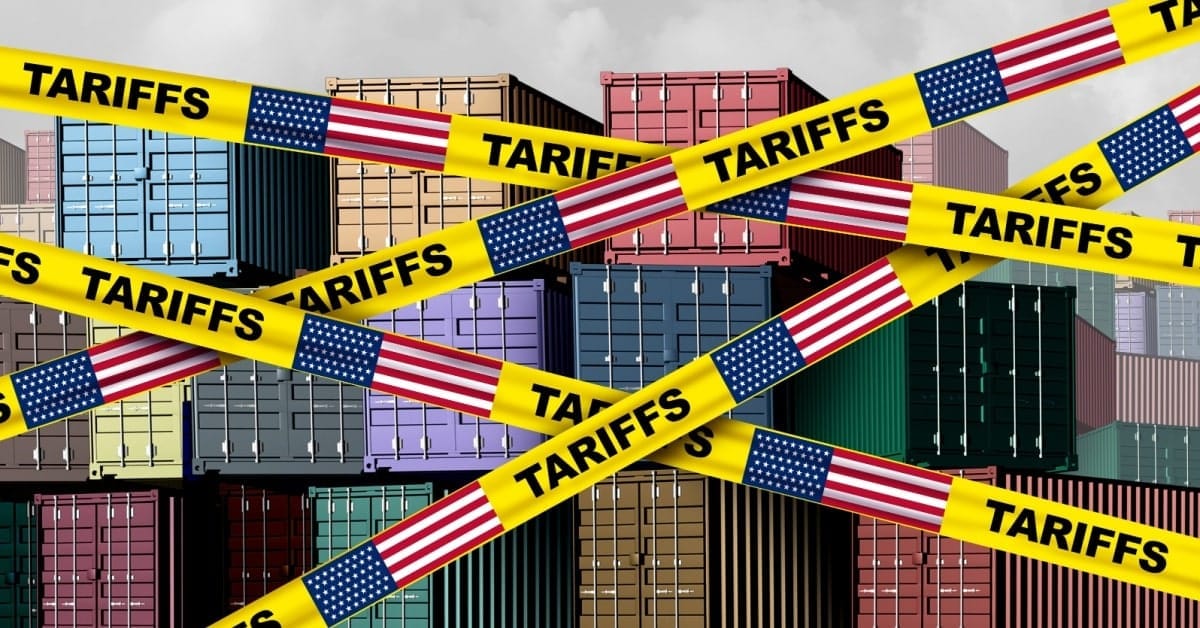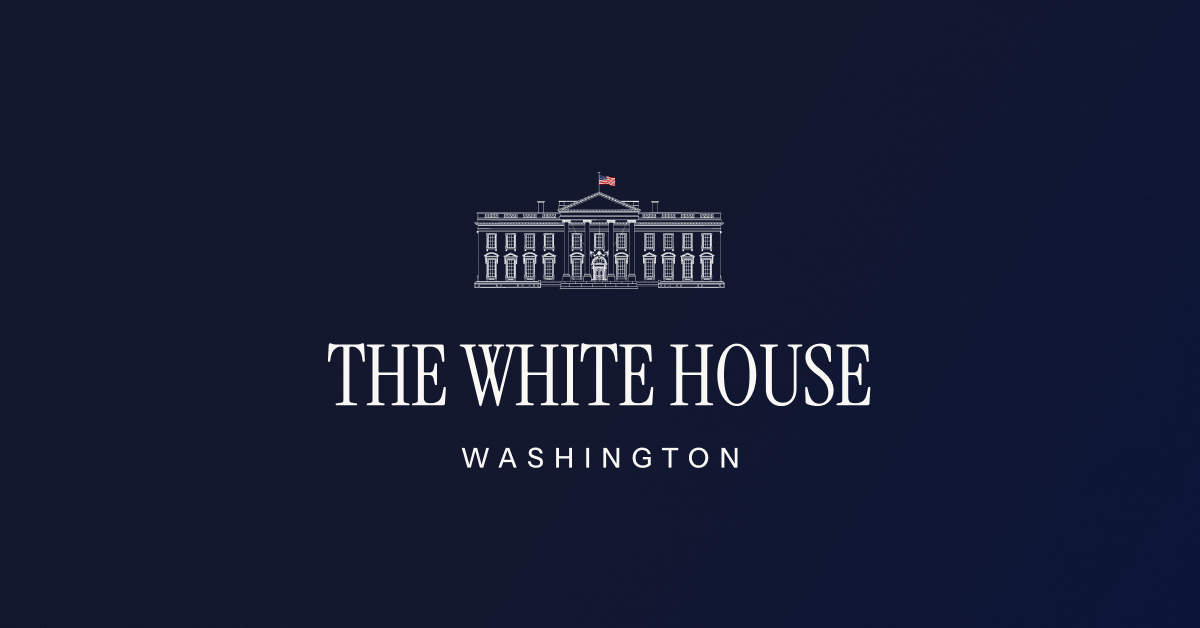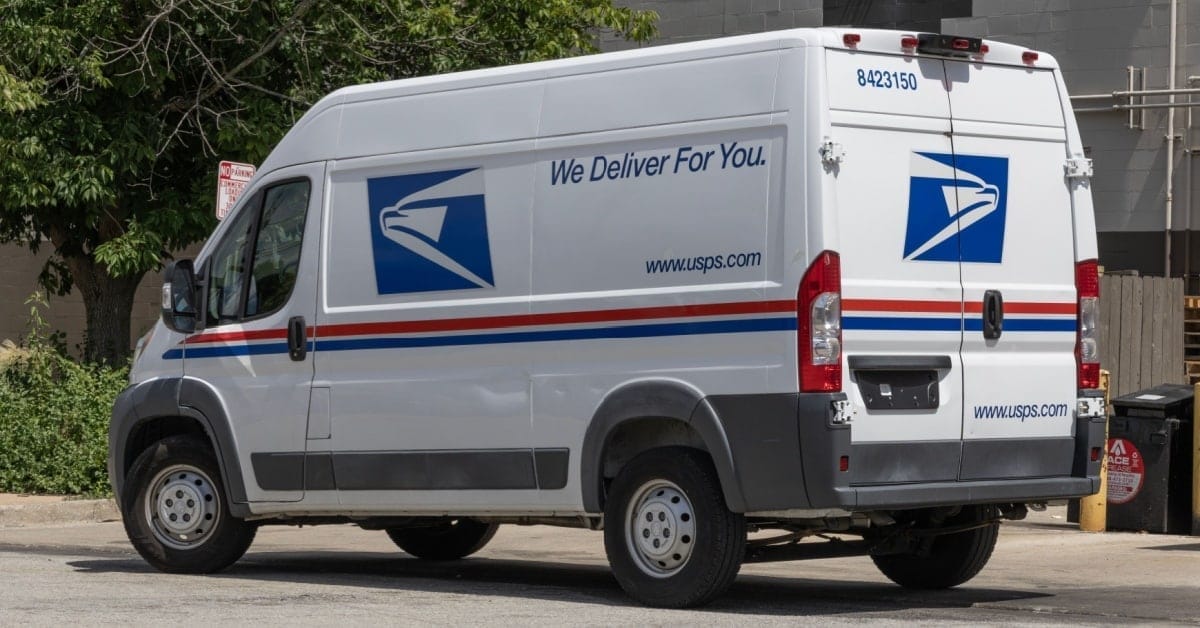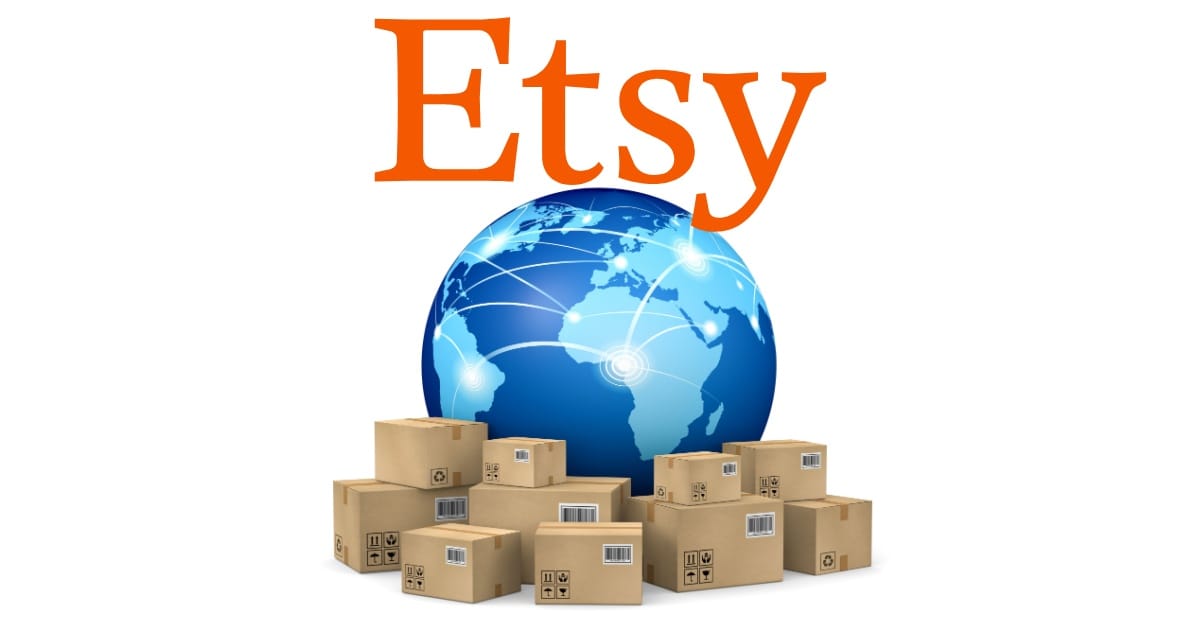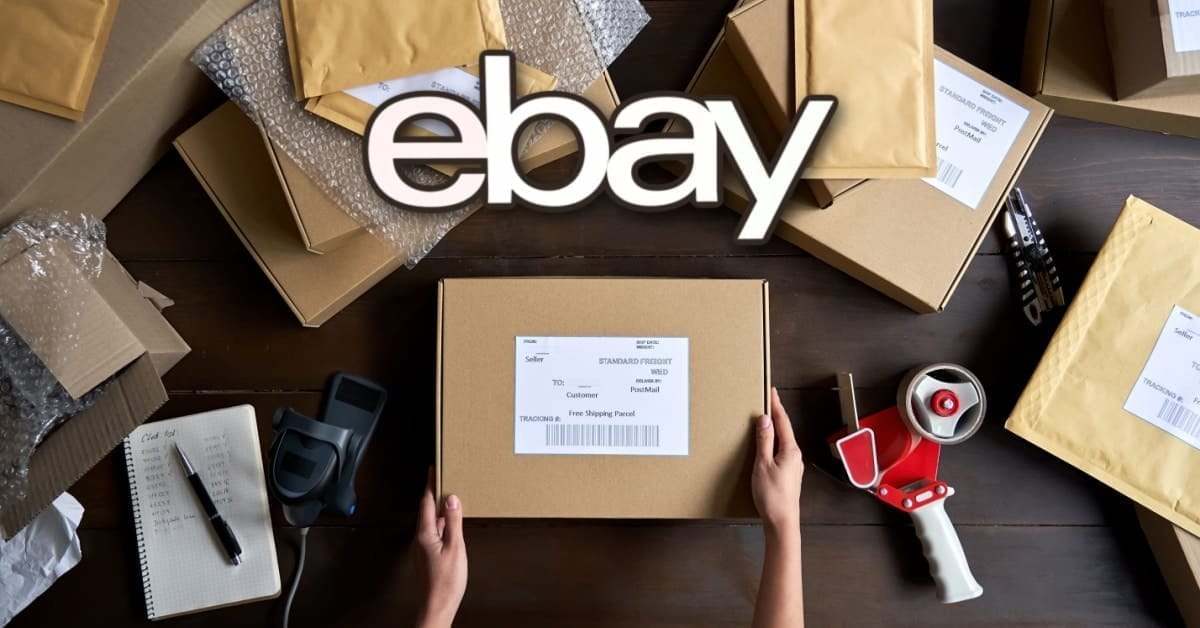Shippers Get Temporary De Minimis Reprieve Amidst Evolving US Tariff Situation
UPDATE 4-3-25
President Trump has signed sweeping new Executive Order on tariff, including setting a May 2nd deadline to end de minimis exemption on goods from China that will expand to include all countries as soon as systems for collecting duties are in place.
UPDATE 3-6-25
President Trump has once again delayed tariffs on goods from Mexico and Canada, postponing enforcement until April 2, 2025 for goods which satisfy U.S.-Mexico-Canada Agreement (USMCA) rules of origin.
Cross border ecommerce shippers bracing for the impact of new tariffs going into effect against Canada and Mexico today have been given a small reprieve as de minimis exemption stays in place - for now.
The exemption, which allows items imported to the US under $800 to avoid added duties, was originally slated to end for products from Canada and Mexico when the new tariffs went into effect, but amendments to those executive orders now say duty-free de minimis treatment will be available until “adequate systems are in place” for efficient tariff revenue processing and collection.
Duty-free de minimis treatment under 19 U.S.C. 1321 is available for otherwise eligible covered articles described in subsection (a) and subsection (b) of this section.
Such duty free de minimis treatment shall cease to be available for such otherwise eligible covered articles upon notification by the Secretary of Commerce to the President that adequate systems are in place to fully and expeditiously process and collect tariff revenue applicable pursuant to subsection (a) and subsection (b) of this section for covered articles otherwise eligible for de minimis treatment.
That language mirrors changes President Trump made to the tariff order for China on February 5th, reinstating the de minimis exemption after it had briefly been removed, resulting in a massive backup of packages which caused USPS to temporarily stop accepting inbound parcels from China.
For shipments not eligible for the de minimis exemption, a 25% tariff applies to shipments from Canada and Mexico and the 10% tariff already in place against China has been raised to 20% as of March 4, 2025.
While the reprieve on de minimis is good news for many online sellers, the issue is far from being resolved as the current orders say the exemption will still be going away once the Secretary of Commerce determines that the requirements for having adequate systems in place have been met.
It's always possible more changes could be made between now and then, but online sellers who import into the US or domestic sellers who source inventory and supplies from outside of the US would be wise to start making plans now for the eventual removal of the de minimis exemption.
Here's what marketplaces are providing in terms of support and protection for sellers impacted by these changes:
eBay
eBay has put out an announcement in their Canadian community advising sellers to make sure they are using accurate locations in their listings and including accurate Harmonized Tariff Codes & Country of Manufacture (COO) information on customs forms.
They also say they will provide protection against lat shipping defects if tracking shows they are due to systemic delays and negative feedback for delays and increased customs costs, as long as sellers are providing an accurate location in their listings.
Today, March 4th, 2025, the United States government implemented a 25% additional tariff on all goods produced in Canada and Mexico, effective immediately.
For now, the de minimis threshold on US imports remains in place. This means new tariffs will be applied to goods produced in Canada or Mexico that are sold to buyers in the United States, valued at US$800 or more, regardless of item condition.
eBay’s priority is to provide sellers with accurate and timely information to help them understand the impact of the new US Executive Orders and how to comply with new requirements. Therefore, to ensure a smooth cross-border shipping experience we strongly recommend sellers take the following actions:
- Ensure the item location for your listings is accurate.
- Include accurate Harmonized Tariff Codes & Country of Manufacture (COO) information on your customs declarations.
Be assured that eBay is actively monitoring for any delays in cross-border shipping and/or changes to formal customs clearance processes. In the event of customs delays, eBay will take steps to automatically remove defects and adjust your late shipment rate when valid tracking information indicates that these problems were caused by systemic shipping delays.
If you receive feedback from buyers related to customs delays or fees, and the item location for your listing is accurate, we will take care of it for you. For more details, check out our feedback policy page.
Etsy
Etsy has created a new page in their Seller Handbook for Navigating Tariffs, saying they are taking the following steps to support the buying and selling community.
Fortifying Purchase Protection: To help protect your business as shoppers navigate tariffs, we are clarifying the eligibility criteria for the Purchase Protection program. Qualified sellers will not be responsible for refunds if an item arrives late or is not received due to a buyer delay, inability or unwillingness to pay tariffs due when their order arrives. You can learn more about Etsy Purchase Protection here.
Letting buyers know if their order may be subject to tariffs: As we monitor updates to tariff policies, we are working to add clear signals to help buyers understand when a purchase may be subject to tariffs or delayed as a result of tariffs. To help ensure accuracy, you can log into your Shop Manager account to confirm your “ship from” location.
Clarifying country of origin: We're working to make it easier for you to confirm country of origin before shipping your items. Soon, you'll be able to input this information on the customs form when you purchase shipping labels on Etsy.
This feature will start rolling out by April 2025 and enable you to differentiate between the country you are shipping from and the country of origin of your item, when applicable.
Advocating for small businesses: We’re always working with lawmakers to promote policies that help small businesses succeed online. As part of these efforts, we’re advocating for trade policies that consider the unique needs of small businesses and elevating seller voices directly to policymakers.
While it's good to hear they'll be rolling out a solution for sellers to be able to enter Country of Origin information, it's disappointing that sellers will have to possibly wait another month in limbo waiting for this feature - especially considering the issue had been raised by sellers for years before this most recent tariff situation and it was apparently just no a high enough priority to fix until now.


